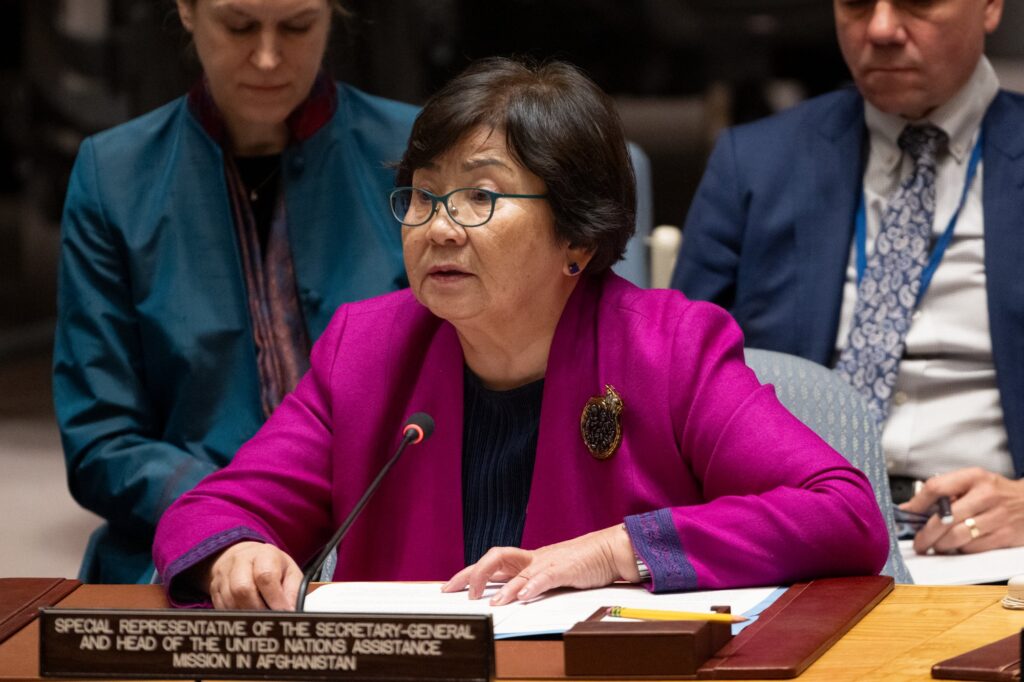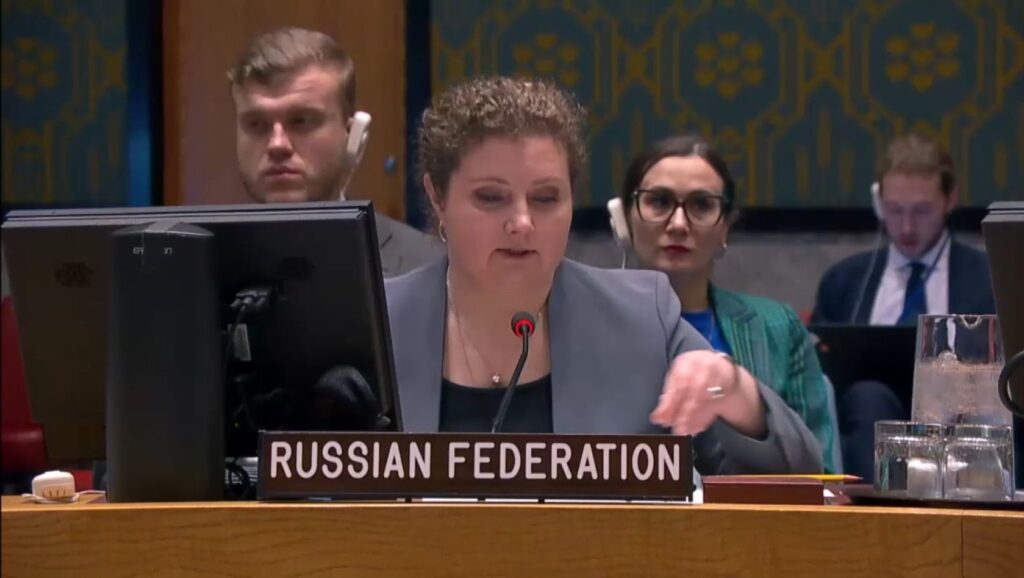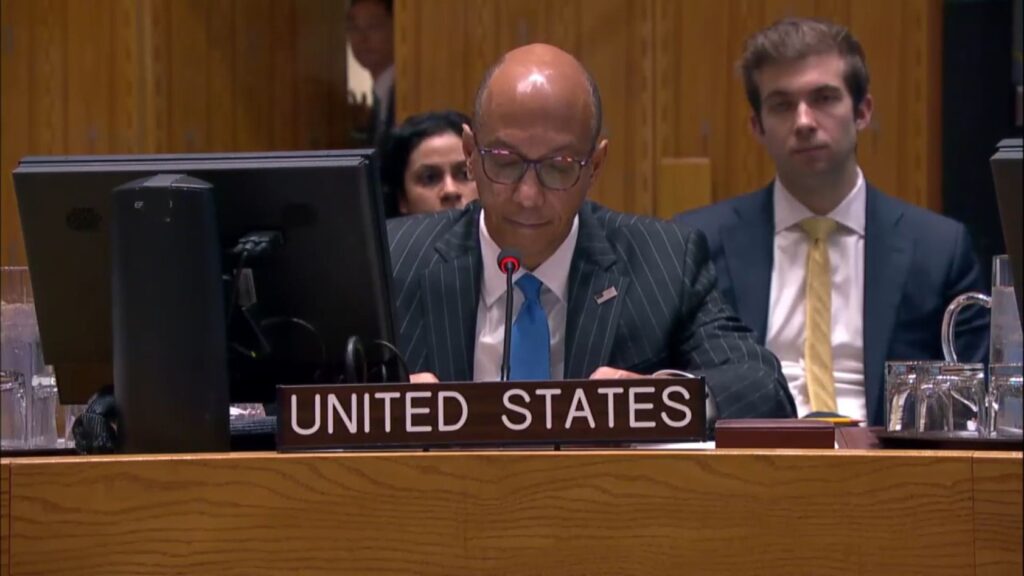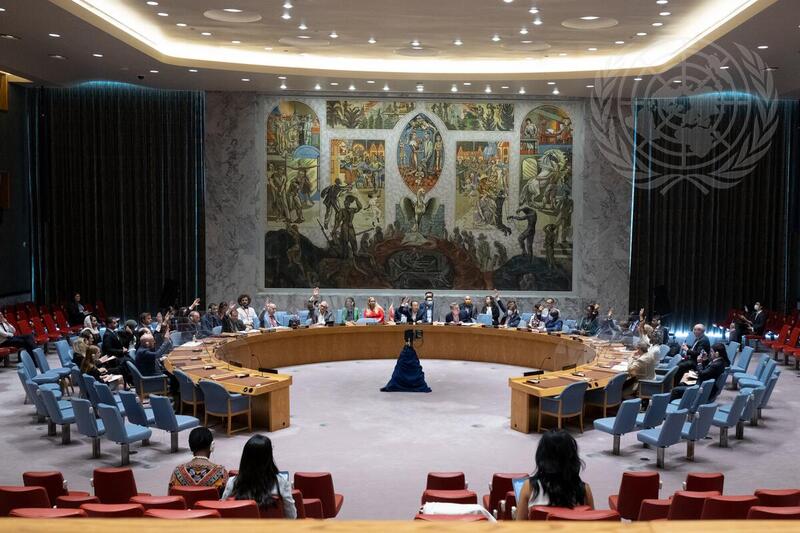New York (March 7, 2024, Kubha News) – Participants of the UN Security Council meeting emphasized the urgent need to initiate practical dialogue on Afghan issues by promptly appointing a special UN envoy.
UN envoy Roza Otunbayeva, emphasized the importance of continuing dialogue to find solutions to the Afghan crisis. She stated that the “Taliban expressed their desire for interaction with the world. Otunbayeva added that the U.N. would encourage them to participate in international conferences such as the Doha meeting.”

The UN diplomat highlighted the achievements of the Taliban government in maintaining security, combating drugs, but emphasized that restrictions on women’s education and work, and the absence of a comprehensive government could damage these achievements as factors complicating the situation.
Fatima Gilani, another speaker at the Security Council meeting, emphasized the UN’s desire for the formation of an inclusive government in Afghanistan. She stressed the need to “avoid creating divisions that bring extremist views and policies into play. She suggested adopting pragmatic approaches to establish such a structure.”
Russia’s representative to the United Nations stressed the need for flexibility in dealing with the Taliban government and avoiding preconditions. Anna Stegnieva, Russia’s deputy permanent representative to the UN, believed that “addressing global demands without engaging with the Taliban government would be impossible.”

However, the United States opposes normalizing with the Taliban in the short term and insists that such interaction depends on the Taliban meeting global demands.
Robert Wood, the US deputy permanent representative to the UN, stated that “dialogue should precede efforts to engage with the Taliban. The US supports appointing a special envoy with a clear roadmap for talks with the Taliban and other Afghans, conditioned upon the Taliban’s adherence to international commitments.”

Wood believed this roadmap would facilitate UNAMA’s work and address Afghanistan’s economic challenges.
Differences between China, Russia, and the United States seem to delay the agreement on appointing a special UN envoy for Afghanistan. In Thursday’s Security Council meeting, these three countries presented different approaches to engaging with the Taliban.
Jing Shuang, China’s deputy permanent representative, urged the international community to be patient and considerate in its dialogue with the Taliban. He emphasized the “importance of ongoing dialogue with the Taliban de facto authorities and stressed the need to prevent the imposition of preconditions.”
Nasir Ahmad Faqih, acting Afghan permanent representative to the UN, criticized Otunbayeva speech for not adequately addressing the difficult situation of women and girls in Afghanistan. Faqih urged the UN to “intensify efforts to engage in dialogue for resolving Afghanistan’s issues.”
Apparently, the United Nations has yet to reach an agreement among the involved countries, especially the United States, China, and Russia, on appointing a special envoy for Afghanistan. After Doha, this is the second Security Council meeting where no sign of such agreement is evident.
